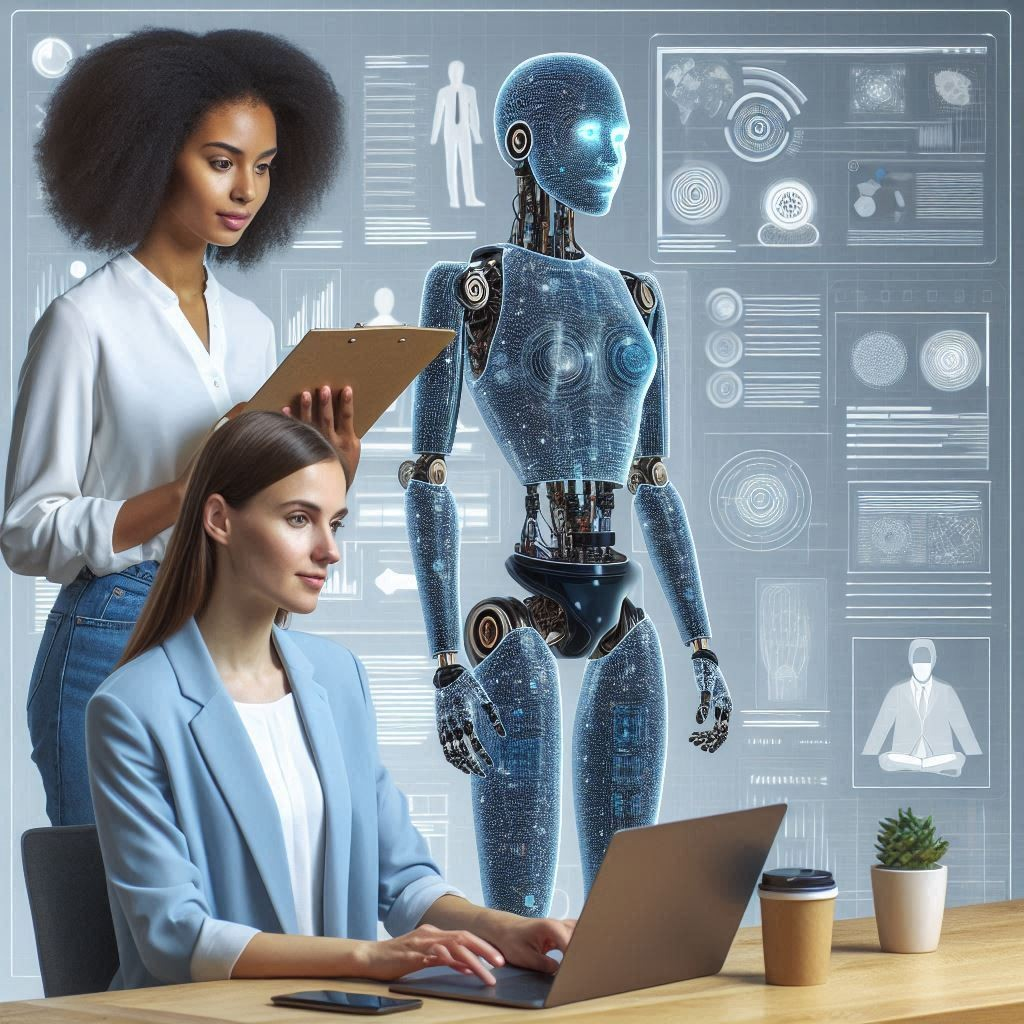The garment industry, a cornerstone of global manufacturing, has faced numerous challenges and transformations over the years. Despite the rapid advancement of artificial intelligence (AI) and other cutting-edge technologies, garment manufacturing companies continues to thrive. This article explores how the industry adapts and prospers in the face of technological evolution.
Embracing Technological Advancements
The integration of AI and automation in garment manufacturing has revolutionized the industry. Technologies such as the Internet of Things (IoT), machine learning, and robotics have enhanced production efficiency and precision. AI-driven systems can predict fashion trends, optimize supply chains, and improve quality control. These advancements have allowed manufacturers to meet the growing demand for fast fashion while maintaining high standards of quality.
However, the garment industry has not fully automated its processes. The intricate tasks of cutting, sewing, and assembling garments still require human expertise. This blend of human skill and technological innovation has created a unique synergy, ensuring that the industry remains competitive and resilient.
The Human Touch in Garment Manufacturing
While AI and automation have streamlined many aspects of garment manufacturing, the human touch remains indispensable. Skilled artisans and workers bring creativity, precision, and adaptability to the production process. This human element is particularly crucial in high-end fashion, where bespoke tailoring and intricate designs demand a level of craftsmanship that machines cannot replicate.
Moreover, the collaboration between humans and machines has led to the emergence of Industry 5.0, where technology enhances human capabilities rather than replacing them. This approach fosters a more sustainable and efficient manufacturing process, benefiting both producers and consumers.
Sustainability and Ethical Practices
In recent years, there has been a growing emphasis on sustainability and ethical practices within the garment industry. Advanced technologies have played a significant role in this shift. For example, AI can optimize resource usage, reducing waste and minimizing the environmental impact of garment manufacturing. Additionally, blockchain technology is being used to ensure transparency and traceability in supply chains, promoting fair labor practices and ethical sourcing of materials.
These innovations have not only improved the industry’s sustainability but also enhanced its reputation among consumers who are increasingly conscious of the environmental and social impact of their purchases.
Adapting to Market Demands
The garment industry has shown remarkable adaptability in responding to changing market demands. The rise of e-commerce and the shift towards personalized fashion have driven manufacturers to adopt more flexible and responsive production methods. AI-powered tools enable manufacturers to analyze consumer preferences and tailor their offerings accordingly. This ability to quickly adapt to market trends has been a key factor in the industry’s continued success.
Furthermore, the COVID-19 pandemic accelerated the adoption of digital technologies in garment manufacturing. Virtual fitting rooms, 3D design software, and online collaboration tools have become essential in maintaining operations and meeting customer expectations during times of social distancing and lockdowns.
The Future of Garment Manufacturing
Looking ahead, the garment industry is poised to continue its evolution, leveraging AI and other advanced technologies to drive innovation and growth. The integration of smart textiles, wearable technology, and AI-driven design tools will further enhance the capabilities of garment manufacturers. These advancements will enable the creation of garments that are not only stylish but also functional, offering features such as temperature regulation and health monitoring.
Moreover, the ongoing development of sustainable materials and eco-friendly production methods will ensure that the industry remains aligned with global efforts to combat climate change and promote environmental stewardship.
Remarkable Resilience and Adaptability
The garment industry has demonstrated remarkable resilience and adaptability in the face of rapid technological advancements. By embracing AI and other cutting-edge technologies, while preserving the essential human touch, garment manufacturing continues to thrive. The industry’s commitment to sustainability, ethical practices, and responsiveness to market demands ensures its continued success in the ever-evolving landscape of global manufacturing.
As a testament to the industry’s innovative spirit, companies like Svegea of Sweden are providing state-of-the-art textile machinery that enhances production efficiency and quality. These advancements support garment manufacturers in their quest to stay competitive and meet the demands of a dynamic market.
Discover the future of garment manufacturing with innovative solutions from Svegea of Sweden. Enhance your production efficiency and quality today. Talk to us to learn more!





